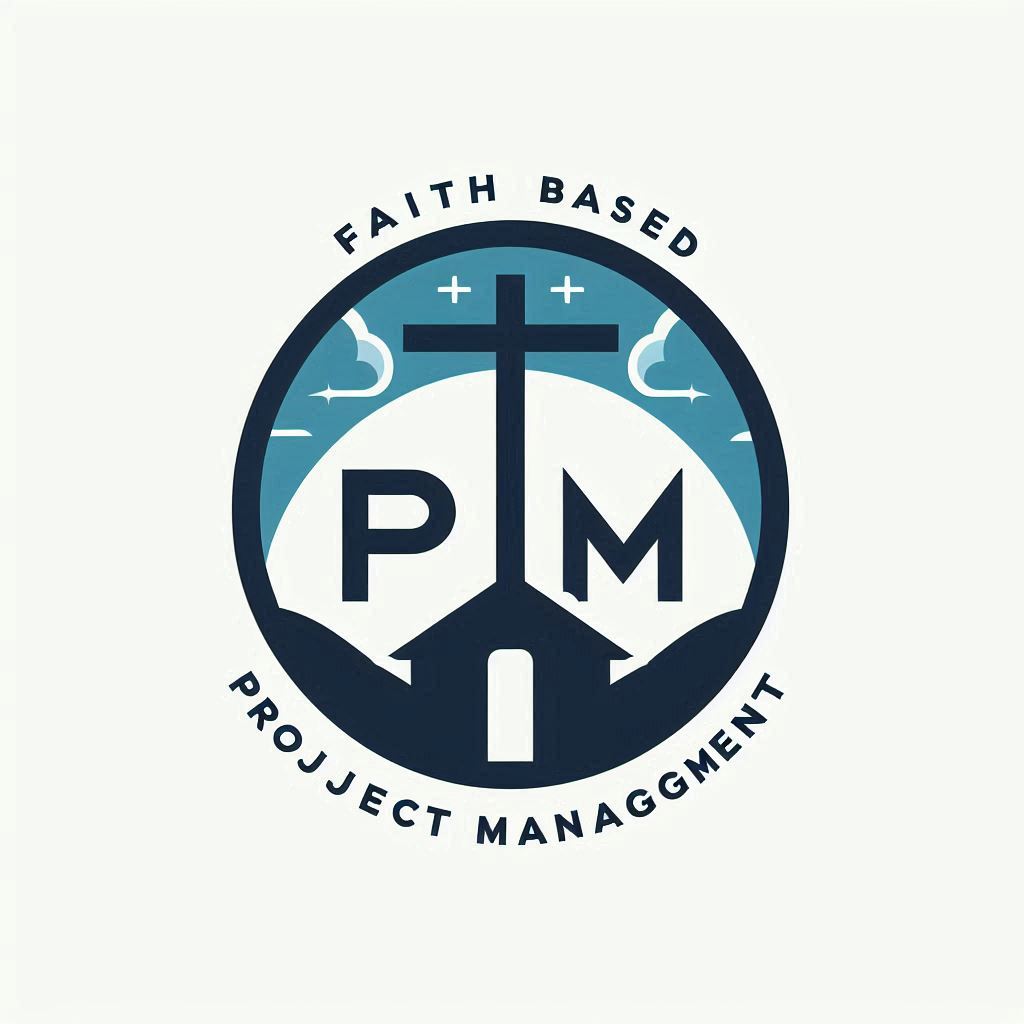Title: Faith as a Leadership Compass: Building Ethical Teams Through Integrity and Trust
Meta Description: Discover how faith-based principles guide leadership decisions, build authentic connections, and foster ethical growth. Explore the power of integrity, servant leadership, and trust in values-driven teams.
Article:
Introduction: Finding Direction Through Principled Leadership
For me, faith acts as an unwavering compass, guiding my leadership decisions and shaping my interactions with my team. Rooted in principles like integrity and humility, my faith provides a framework for ethical decision-making and fosters a culture of trust. This article explores how embracing faith-driven values enhances leadership, builds authentic connections, and navigates challenges with resilience.
Core Principles: Integrity and Humility as Cornerstones
One of the most significant takeaways from integrating faith into my leadership is the solid foundation of core principles it provides. Integrity and humility are not just abstract concepts; they are daily practices that shape how I treat my team and steer the organization. By fostering an honest and humble environment, I create a space where trust flourishes, driving productivity and morale.
- Example: When faced with difficult decisions, I prioritize transparency and open communication, ensuring my team understands the rationale behind my choices. This reinforces integrity and builds trust.
Historical Inspiration: Learning from Faith-Driven Leaders
Looking at history, numerous leaders have drawn strength from their faith as a cornerstone of their leadership. Figures like Mahatma Gandhi and Martin Luther King Jr. exemplify this. Their faith was not a passive backdrop; it was a driving force in crafting their vision and strategies. By embracing my faith, I aim to enhance my effectiveness as a leader.
- Benefit: Studying these leaders reinforces that ethical leadership, driven by strong beliefs, can inspire profound change.
Ethical Decision-Making: Balancing Beliefs and Responsibilities
Faith shapes decision-making by offering a broader context for my actions. Decisions are not solely business-focused but consider the long-term impact on people and the community. This balancing act of maintaining personal beliefs while understanding professional responsibilities ensures they work in harmony.
- Long-Term Impact: By prioritizing ethical considerations, I aim to build a sustainable and responsible organization.
Building Trust: Faith-Based Values in Team Engagement
By prioritizing empathy and transparency, I strive to build authentic connections rooted in faith. For instance, by actively listening to team members’ concerns and responding with compassion, I create an environment where they feel valued and understood.
- Servant Leadership: Adopting a servant leadership style, inspired by faith, shifts the focus from “leading” to “supporting.” This fosters a cooperative environment where growth and mutual support are the norm.
- Open Communication: Weaving faith values into workplace culture is about showcasing values like respect, honesty, and kindness in everyday interactions, creating a positive tone and fostering open communication.
Ethical Resilience: Navigating Challenges with Faith-Driven Principles
When the road in leadership gets rocky, faith offers a sturdy anchor. It provides inner strength, helping me face crises with a calm mind.
- Moral Compass: Faith acts as a moral compass in moments that call for tough decisions. When ethical dilemmas arise, my faith reminds me to focus on principles over profits.
- Transforming Fear: Faith encourages me to shift focus from fear to possibility, viewing challenges as opportunities for growth.
Inspiration and Resilience: Learning from Others
The stories of resilient leaders who relied on faith during trying times are a powerful testament to its impact. These narratives motivate me to lean on faith as a support system, demonstrating that staying true to faith can bring about inspiring outcomes.
- Adaptability: By integrating faith into my leadership style, I find unique ways to foster growth and innovation, cultivating a spirit of adaptability.
Conclusion: Cultivating a Legacy of Ethical Leadership
By integrating faith into my leadership, I find unique ways to foster growth, innovation, and ethical resilience. It aligns me with an approach where every challenge is seen as a chance to improve and learn. This seems to naturally cultivate a spirit of innovation and adaptability, benefiting both my personal development and the team as a whole, creating a legacy of ethical leadership.
